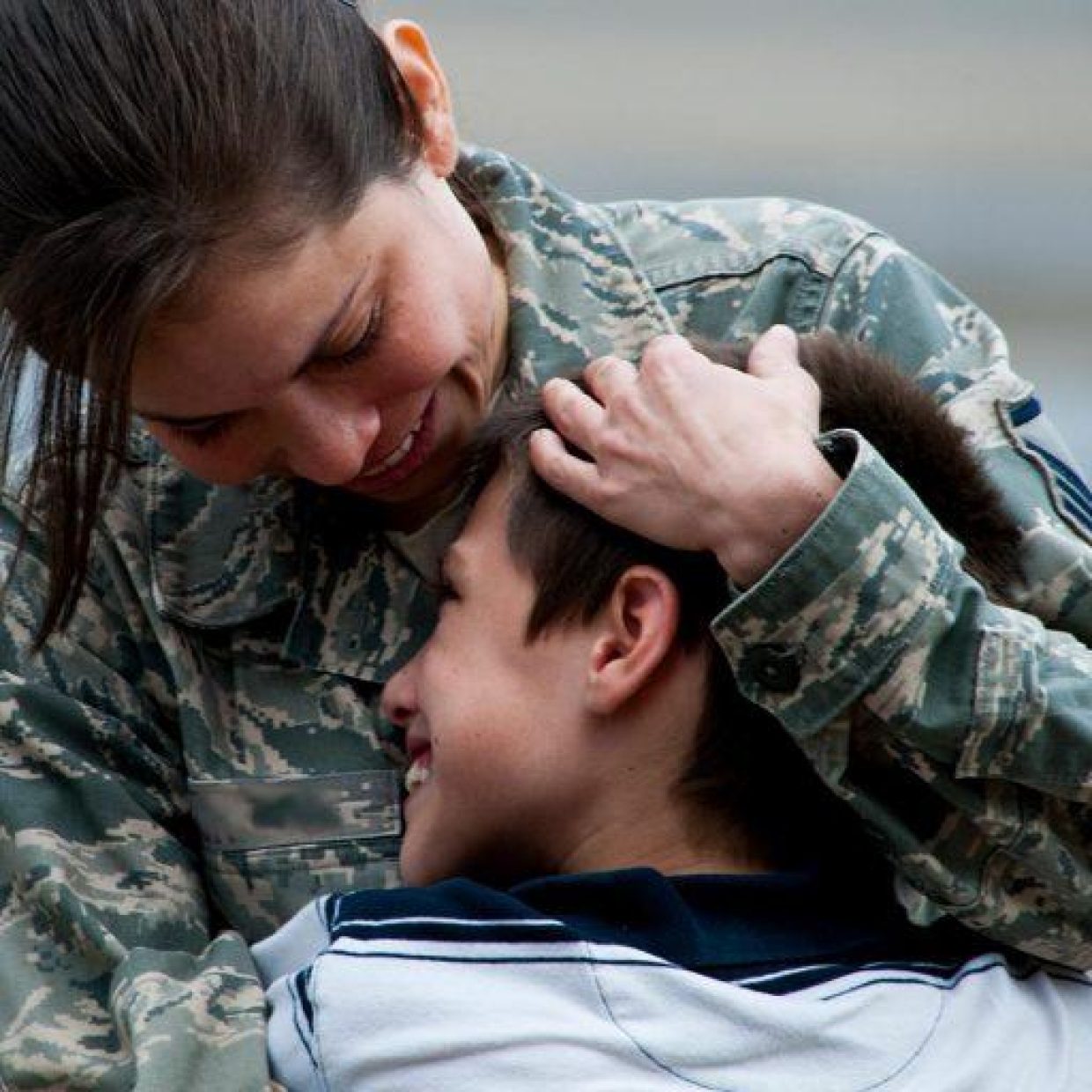Transitioning from the battlefield to the everyday can be both a proud and challenging journey for our soldiers. After serving their country with bravery and dedication, many veterans face hurdles when reintegrating into civilian life—whether it’s finding a new career path, reconnecting with family, or adjusting to the rhythm of home. In this article, we’re diving into how we can better support these heroes as they navigate this important phase, sharing stories, resources, and practical tips to help make their return not just smooth, but truly empowering. Let’s explore how a little understanding and support can make a world of difference.
Table of Contents
- Supporting Mental Health and Wellbeing for Returning Soldiers
- Navigating Employment and Career Opportunities After Service
- Building Strong Community Connections and Support Networks
- Accessing Resources and Benefits for a Successful Transition
- Final Thoughts
Supporting Mental Health and Wellbeing for Returning Soldiers
Transitioning from the structured, high-stress environment of military service to civilian life can be a profound challenge for many soldiers. Recognizing this, it’s crucial to create a supportive atmosphere where returning veterans feel validated and understood. Encouraging open conversations about mental health can break down the stigma that often surrounds it. Simple practices such as regular check-ins with loved ones, connecting with veteran support groups, or engaging in community activities can make a significant difference. Remember, healing is not linear, and patience combined with consistent support fosters resilience and positive growth.
Building a strong support network is essential for bolstering emotional wellbeing. Key strategies include:
- Access to tailored counseling services that understand military trauma and reintegration challenges
- Peer mentorship programs connecting new returnees with those who have successfully navigated the same journey
- Employment and skills development resources that promote confidence and independence
- Mindfulness and wellness initiatives like yoga, meditation, and physical fitness tailored to veterans’ needs
By weaving these elements into community support systems, we honor the sacrifices made and empower soldiers to thrive beyond their service.
Navigating Employment and Career Opportunities After Service
Transitioning from military to civilian employment can feel like navigating a complex maze, but with the right guidance and resources, veterans can uncover new paths that align with their skills and passions. Many employers value the discipline, leadership, and problem-solving abilities that soldiers bring to the table. To make the shift smoother, veterans should actively engage with career counselors specialized in military-to-civilian transitions, attend job fairs tailored for veterans, and explore apprenticeship programs that provide hands-on experience in various industries.
Key steps to jumpstart your post-service career journey include:
- Leveraging veteran-specific job boards and networking groups to connect with supportive employers
- Utilizing educational benefits for certifications and degrees that enhance marketability
- Participating in mentorship programs that pair veterans with professionals in their desired field
Building Strong Community Connections and Support Networks
One of the most impactful ways to support those transitioning from military to civilian life is by fostering genuine relationships within their local communities. When veterans feel embraced and understood by their neighbors, it creates a sense of belonging that is crucial during times of change. Community centers, local veterans’ groups, and neighborhood events provide the perfect platforms to cultivate these meaningful connections. Small gestures like offer rides to appointments, sharing meals, or simply checking in can create a network of care that significantly eases the adjustment phase.
Beyond social bonding, establishing solid support networks with access to resources is essential. These networks often include:
- Peer support groups that provide a safe space to share experiences and challenges
- Local career counseling services tailored to help veterans translate military skills into civilian job opportunities
- Mental health resources to address unique stressors and promote overall well-being
- Family support programs aimed at helping loved ones understand and aid in the transition
By actively engaging with these networks, communities not only show appreciation but also empower veterans, ensuring they never feel isolated as they navigate their new civilian chapter.
Accessing Resources and Benefits for a Successful Transition
Transitioning from military service to civilian life can feel overwhelming, but knowing where to turn for support makes all the difference. Veterans have access to a robust network of resources designed to ease this change, ranging from personalized career counseling to educational benefits. It’s important to explore programs like the GI Bill, which offers comprehensive funding for college or vocational training, and the Veteran Readiness and Employment (VR&E) services that assist with job placement and skills development. These benefits, combined with local community initiatives, can empower soldiers to build fulfilling civilian careers with confidence.
Beyond government programs, tapping into support groups and veteran-focused organizations can provide crucial emotional and social support. Many communities offer mentorship programs and peer networking opportunities, helping former service members navigate everyday challenges and connect with others who understand their experiences. Consider joining groups like:
- Veterans of Foreign Wars (VFW)
- American Legion
- Team Rubicon
These platforms not only open doors to resources but also foster a sense of belonging—a key element in creating a smooth, successful transition back into civilian life.
Final Thoughts
As we wrap up, it’s clear that helping our heroes transition smoothly from military service back into civilian life is a responsibility we all share. Whether it’s offering a listening ear, supporting job training programs, or simply showing appreciation, every bit of support makes a difference. By working together, we can ensure that our soldiers not only come home safely but also thrive in their new chapters. Let’s continue to build communities where veterans feel valued, understood, and empowered to succeed. After all, their courage doesn’t end on the battlefield—it just begins a new journey.













